



Arbikie Highland Estate is a family owned farm perched on the east coast of Angus. With the North-Sea to the east and the Angus glens and hills to the West, the estate and it’s crops are directly influenced by the land and seasons – and so are the spirits they produce. With a unique farm to bottle approach that means the crops and botanicals grown during the year on the farm are used as key ingredients in the spirits produced by Arbikie distillery, brothers John, Iain and David respect the provenance and importance of these key ingredients. The brothers also value their people, who are another key ingredient in the success of Arbikie and none more so that Kirsty Black, their award-winning distiller. Kirsty was recently awarded Young Scientist of the Year Scotland Award First Prize by the Institute of Food Science and Technology for her studies of legumes crops.
What’s your name and what do you do?
My name is Kirsty Black and I’m responsible for all aspects of running Arbikie Distillery. This includes all manner of things: ordering yeast; making up pallets; water compliance checks; HMRC reporting; and even ordering toilet roll – I could be doing any of these things on any given day! On top of this, along with my colleague, Christian Perez, we complete every step of production; from receiving in the grain and potatoes from our farm, all the way through to filling the spirit into bottles.

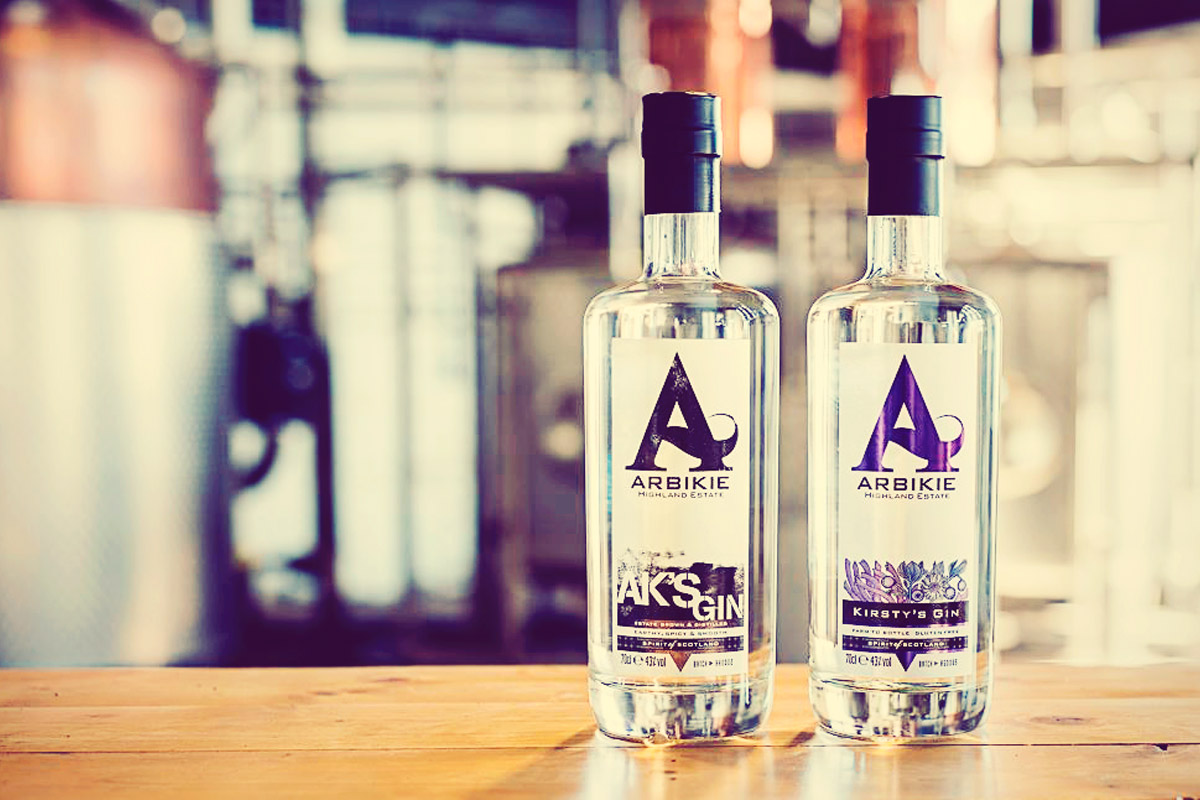
When did you realise you wanted to be a distiller?
Although I’d worked a number of harvests when I was younger in a local maltings, my initial interest in making alcoholic beverages was really sparked through home brewing. After dabbling behind closed doors for a few years, I decided to take the plunge and leave my career as a Quality Engineer, applying for the MSc in Brewing & Distilling at the International Centre of Brewing & Distilling (ICBD), Heriot-Watt University. A year later my brain was overflowing with enzyme names, optimum processing temperatures and hop varieties, but most importantly I’d learnt that the process of gin distillation combined my geeky love of plants and alcohol production.
How did you get into distillation?
As above, it was whilst studying at Heriot-Watt that I experienced the epiphany that you could transform a murky mixture of plant parts and spirit into a clear, fragrant and enriched liquid bursting with flavour. But it was also here that I crossed paths with the Stirling family. They had approached the university asking for a student to work on gin recipe development with them. I was selected and ultimately this led to me being offered the job of building the distillery we have at Arbikie today.
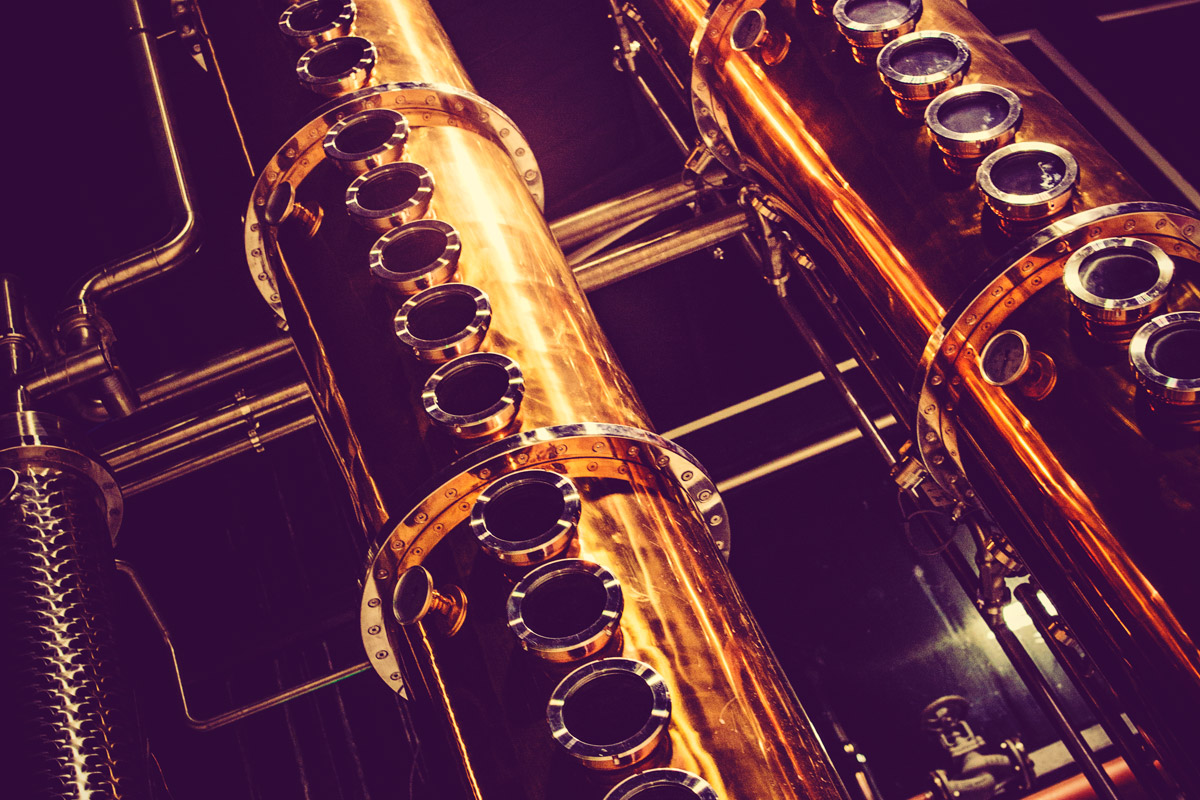
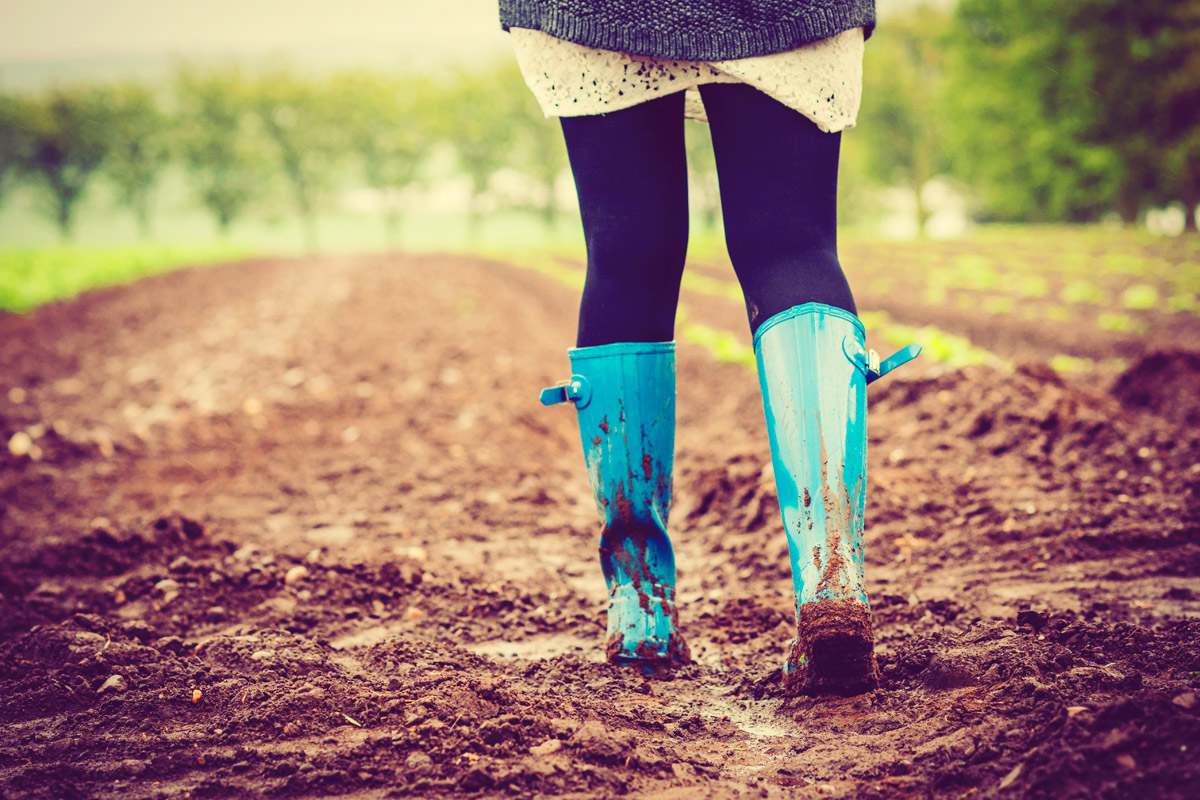
Do you think more could be done to encourage women to seek a career in distillation and brewing?
I’ve never considered the fact that I’m female as an obstacle to any career or education choice I’ve made. Coming in to the alcohol industry, however, I’ve found that I’m often greeted by visitors to the distillery with the enquiry of “can I speak to the man in charge?”… but anyone seeking to work in distilling or brewing, as with any career, needs to be ready to prove themselves both mentally and physically – if they do, then gender shouldn’t even come in to it. Campaigns such as “Not Just for Boys” or “Equate Scotland” are doing a great job at promoting and encouraging women to consider roles in SET professions.
What’s been the biggest challenge you’ve had to overcome?
Well, where to start, building a distillery is one big challenge after the other! We managed the whole project ourselves, using as much of the expertise we already had on the farm and in the local area as possible, and ensuring that all the different parts came together for launch was a huge challenge!
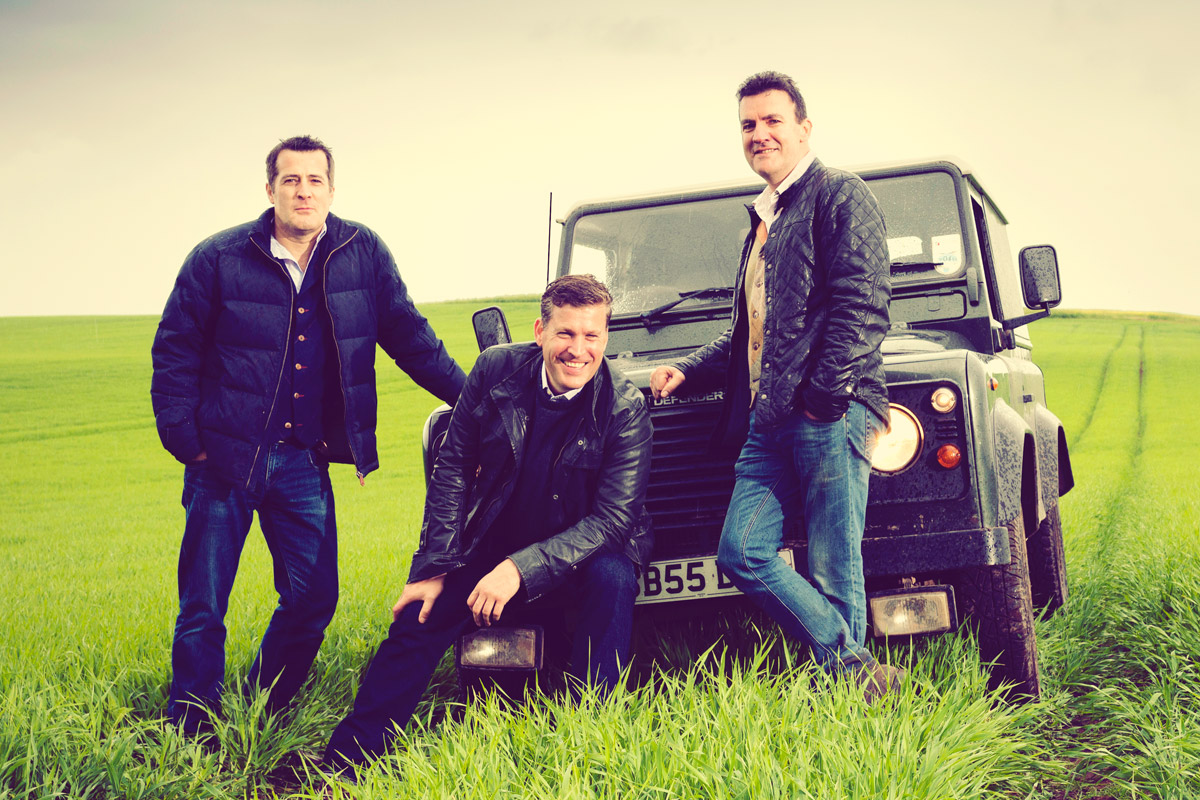
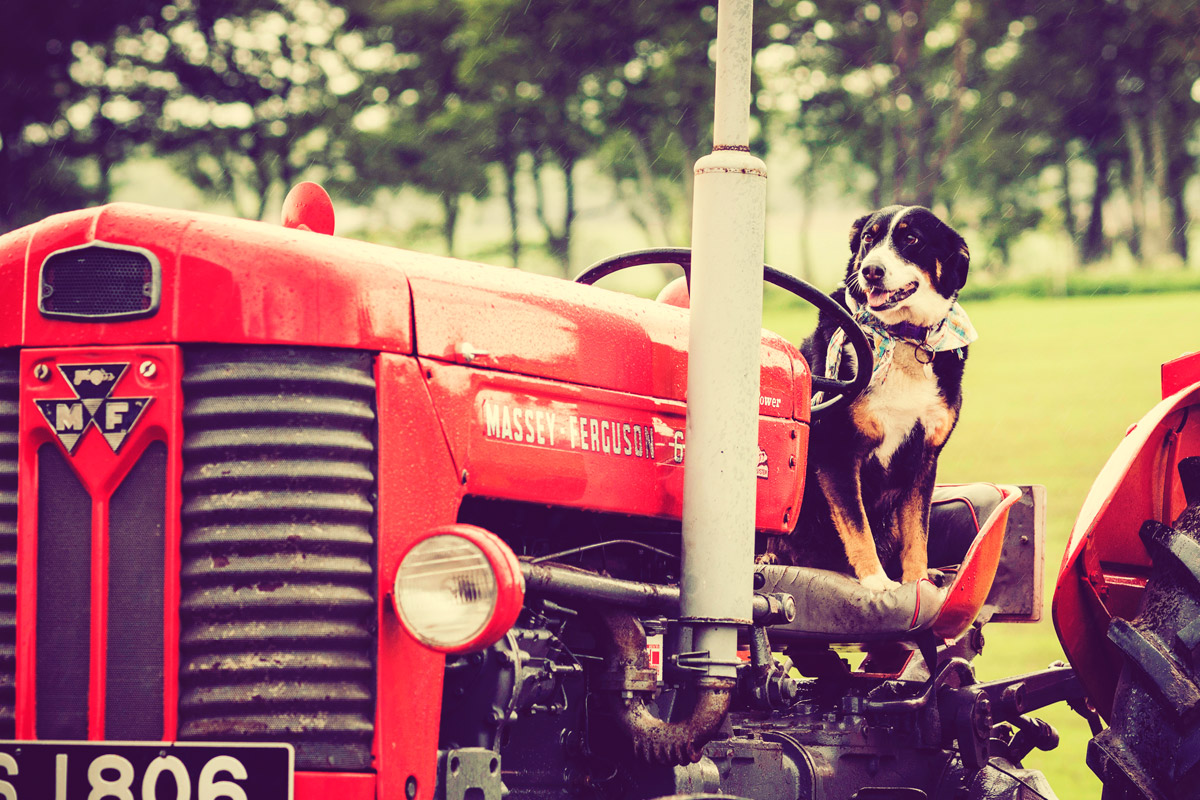
What’s the best piece of advice you could give to women who are starting off their career in brewing and distillation?
I would actually have the same advice for both men and women looking at working in this industry and that is to get some real experience before committing to studying the topic or jumping in full time. Don’t get me wrong, it is an incredible industry to work in, but you need to know what you’re getting yourself in to – if you are working in a smaller, manually operated distillery like Arbikie, you really need to be ready for long, tiring, physically demanding days.
What does the term Scottish Gin mean to you?
To me, Scottish Gin should simply be made in Scotland, with each botanical carefully selected to add depth and complexity to the spirit as a whole.
What do you think are the big issues facing Scottish Gin at the moment?
I think the sheer number of brands, styles and production approaches available in the gin market at the moment is overwhelming. I therefore think it is important for Scottish gin producers to take pride in, and protect, the term “Scottish Gin” in the same manner as we do for Scotch Whisky. We should be seen as the experts of spirit distillation and must ensure that standards remain high and marketing is honest and transparent.
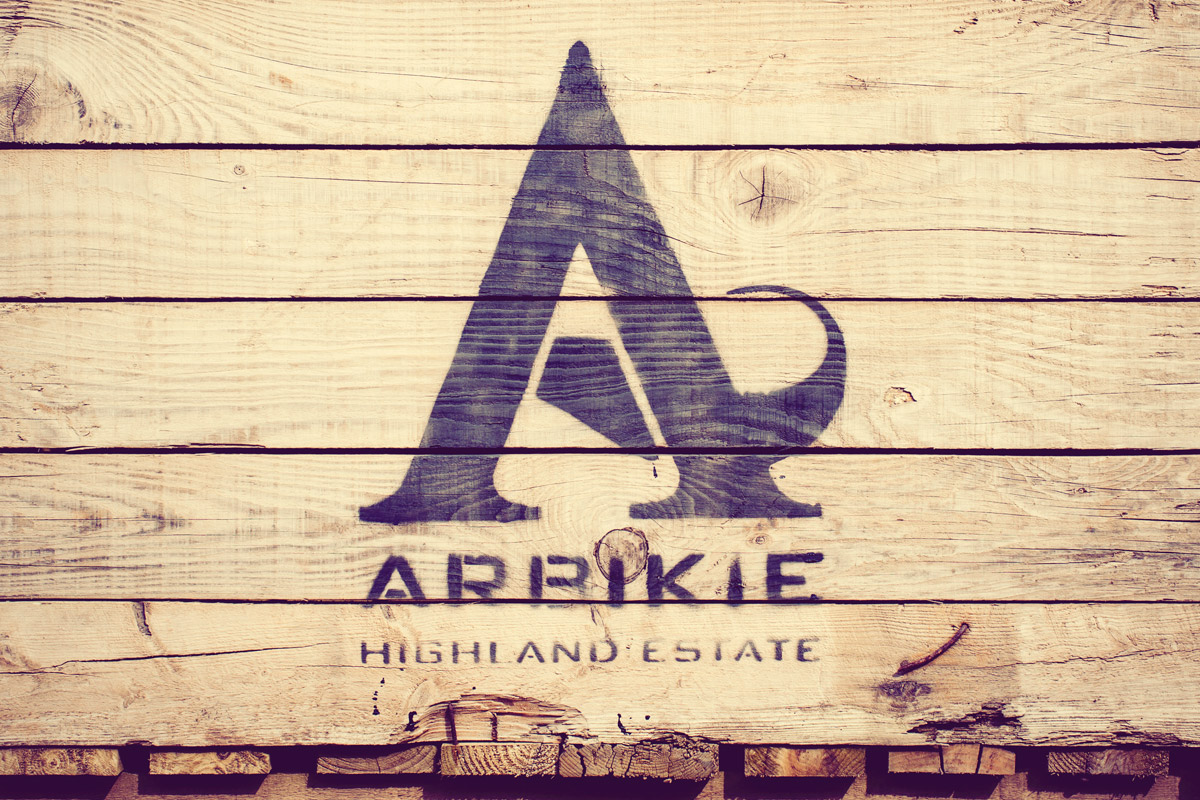
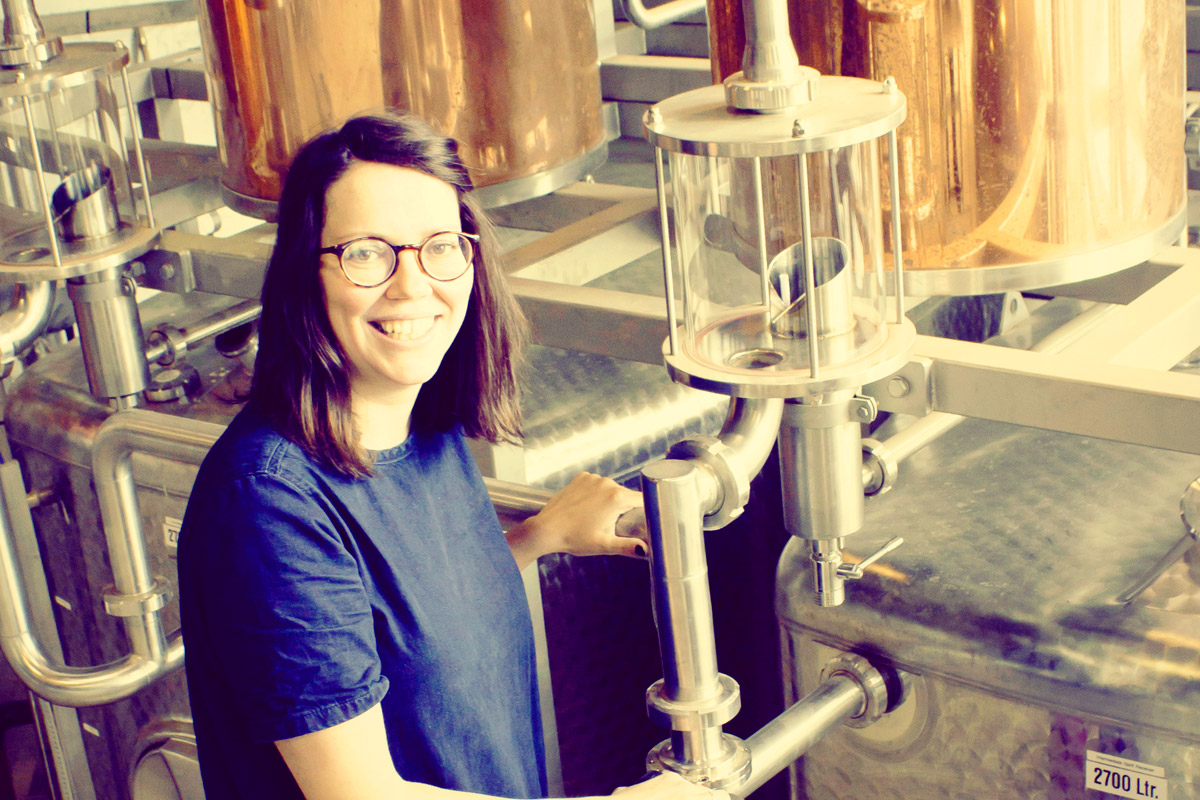
What other distilleries do you admire?
There are so many at the moment I can’t really keep up! But all those creating and promoting quality, truly Scottish spirits deserve respect. I know it isn’t feasible for everyone, but I do hold a special place in my heart for those that make their own base spirit – other than us at Arbikie there is just a handful of distilleries that do this, for example Adnams, Chase or Copper Rivet – this part of the process involves long, tiring days – it can take a lot of effort to convince a potato to be 96% spirit, trust me, I’m talking from experience!
Where do you see yourself and Scottish Gin in 10 years time?
I’d like to see the category of Scottish Gin becoming more understandable for consumers – clear labelling on the source of spirit, distillery location and the role each botanical plays.
You can learn more about Arbikie Highland Estate here.
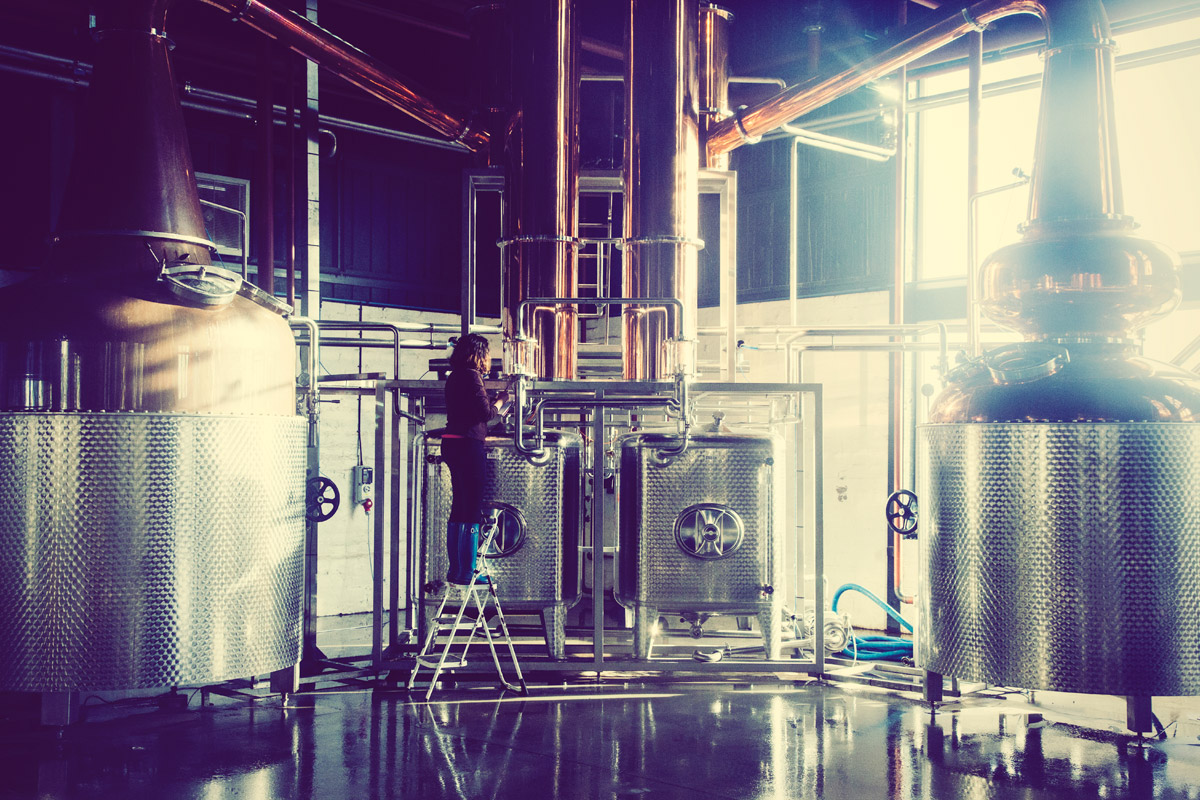
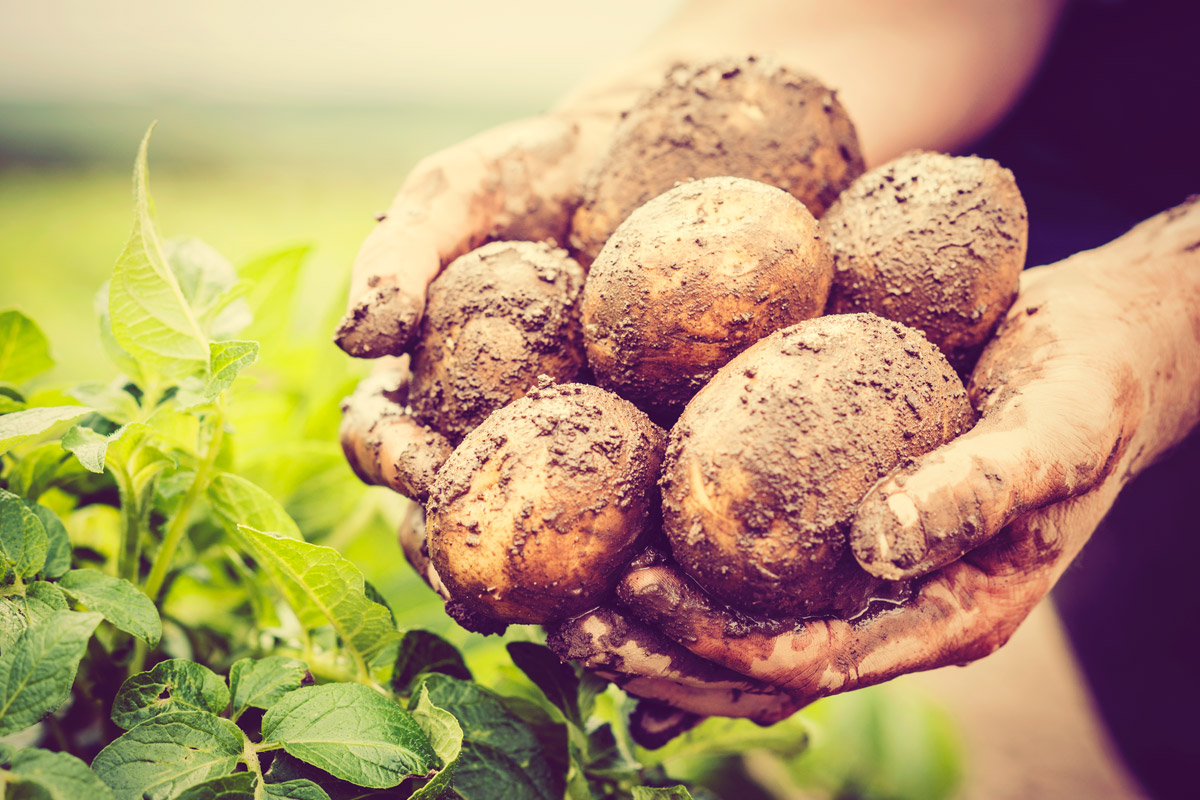
You can learn more about Arbikie Highland Estate by visiting the links below.